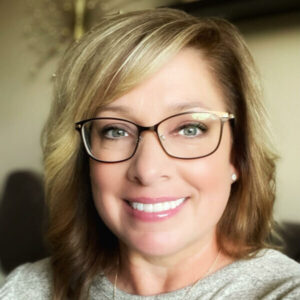Let’s talk about Accounts Receivable (A/R). Sound boring? Okay, let’s put it another way. Let’s talk about free money.
Account Receivable is the money owed to a practice by its patients, which the patients have not yet paid. Often, the A/R is available to purchase along with the practice itself. The question is, should you buy it?
In weeks past, we’ve given you defined benchmarks for office collections and expenses, i.e. where those numbers generally should be. Unfortunately, there is no “right” number for outstanding A/R.
However, to really get a sense of whether the office is efficient and effective at collecting payment, look for trends.
The most current outstanding balance, between 0-30 days, should be the highest. Ideally there will be a significant drop during the 31-60 day and 61-90 day range. This will tell you that the office is very proactive and talented at collecting those payments promptly.
There’s usually a spike in the 90+day category. This is simply because 90+ days really focuses on that “plus.” These are outstanding balances from the dawn of time…well, the dawn of the office ownership.
Compare the amount outstanding to the collections. If it seems like this office really needs the outstanding money, especially in the first 90 days, that’s a sign that maybe the front office (or person responsible) isn’t doing a good enough job.
After you look at the accounts receivable, consider something else: When was this report pulled?
Sometimes sellers will bill at the first of the month and pull the report at the end so the balance looks larger. If it seems high to you, ask.
(In case you haven’t noticed a common thread of advice over the last few weeks, I’ll be a bit more obvious: Just because you see something concerning, don’t run for the hills yet. Always ask follow up questions. You may just ask the right ones and get your dream practice!)
Other than assessing the office’s efficiency, why should you care about A/R?
Because it can be very beneficial for you to purchase them. Not every seller wants to sell the accounts receivable, but many do.
I recommend that if you have the opportunity to purchase them, you should. If done correctly, it’s like buying cash for a discount.
For example, if the 0-30 day balance is $120,000 and you buy that at 85%, you just bought $120,000 for about $100,000.
The same reason I recommend purchasing is often the same reason sellers don’t want to give them up. The seller may not want the lower rate so they opt to have you collect them on their behalf for a fee, usually about 5%.
If you’ve ever gone through the process of buying a home, you know that you are approved for how much house you are allowed to buy (and these days, they’re very expensive).
If you’re approved for a $500,000 house, that doesn’t include the new couch you want to buy because you have space for an upgrade. It doesn’t include the cost of removing that wall so you have that ever-so-sought-after “open floor plan.”
It starts to add up!
There is good…no… great news for you as a dental buyer. The wonderful thing about a practice loan compared to a housing loan is that a bank will typically give you working capital in addition to your purchase loan.
This working capital is either extra cash or money to buy the outstanding accounts receivable, but not both.
The accounts receivable are purchased in about 50% of sales for any number of reasons, such as seller preference, the buyer hitting their lending capacity, or the buyer deciding to use that working capital towards something else or keep it if they’re concerned about inefficient staff members.
Often we hear concerns, “What if the patient doesn’t want to pay me because I’m the new guy?”
This is not a common scenario; however, there are always some rotten apples. If there is a difficult family that will only pay the doctor that has provided their care the last 12 years, you can opt to buy all the outstanding accounts receivable excluding that family’s.
Whether you choose to purchase or collect for a fee, make sure those terms are written very clearly in your offer.
However, at the very least, just look at the outstanding accounts receivable. You can find very helpful information about the office even before spending a few days shadowing.






